It truly does not have to be this way
We've lost sight of how absurd living like this actually is
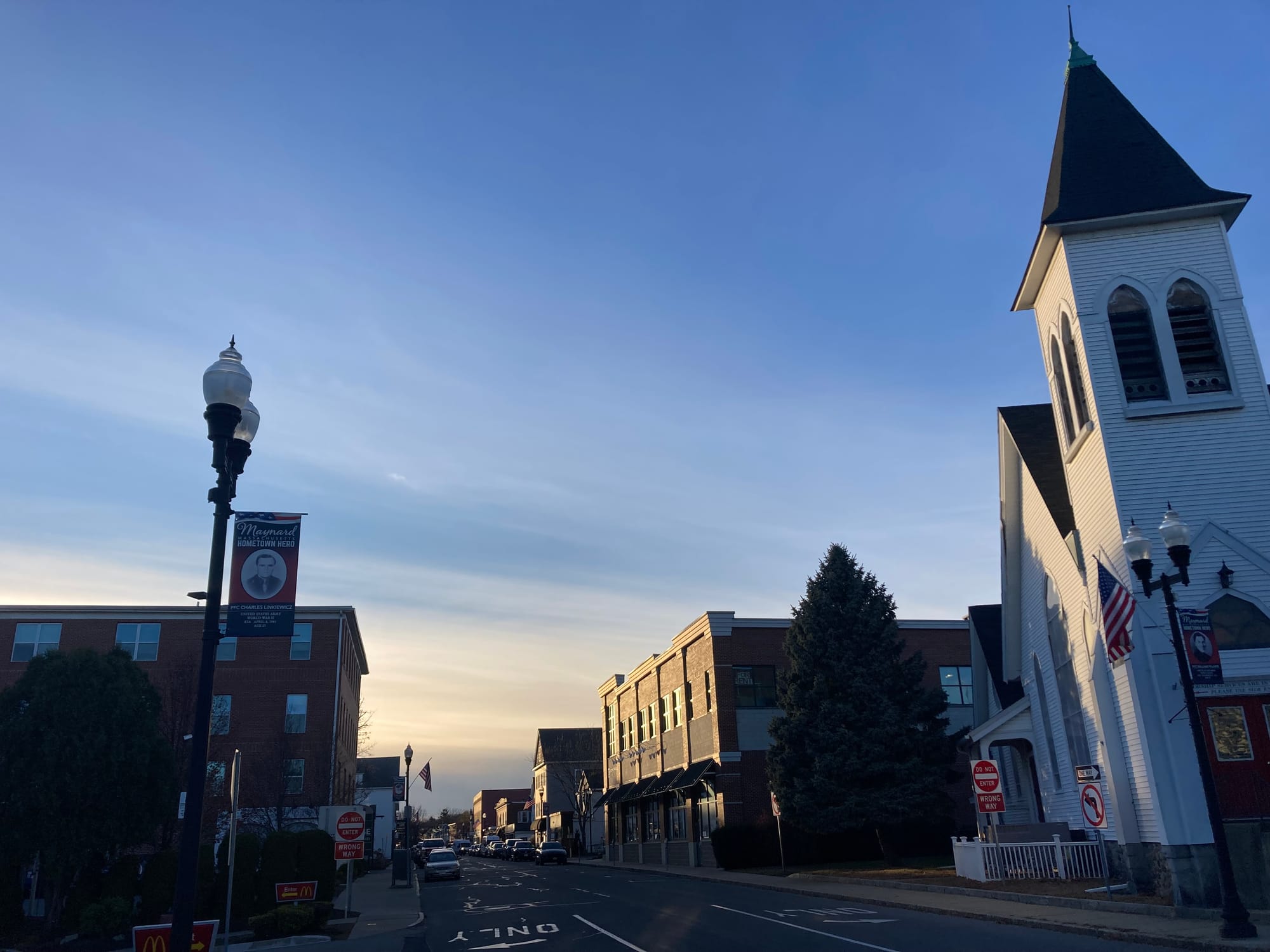
How about healthcare in the United States? Have you heard about this? Not good man! I'm going to focus on that today but first a couple other things real quick.
I'm proud to share a publisher with the late Palestinian poet and literature professor Refaat Alareer. Alareer and much of his family were massacred by Israel and the United States a year ago this month. If I Must Die, a collection of his poetry and prose, was just recently published by OR Books. You've likely read the title piece but read it again.
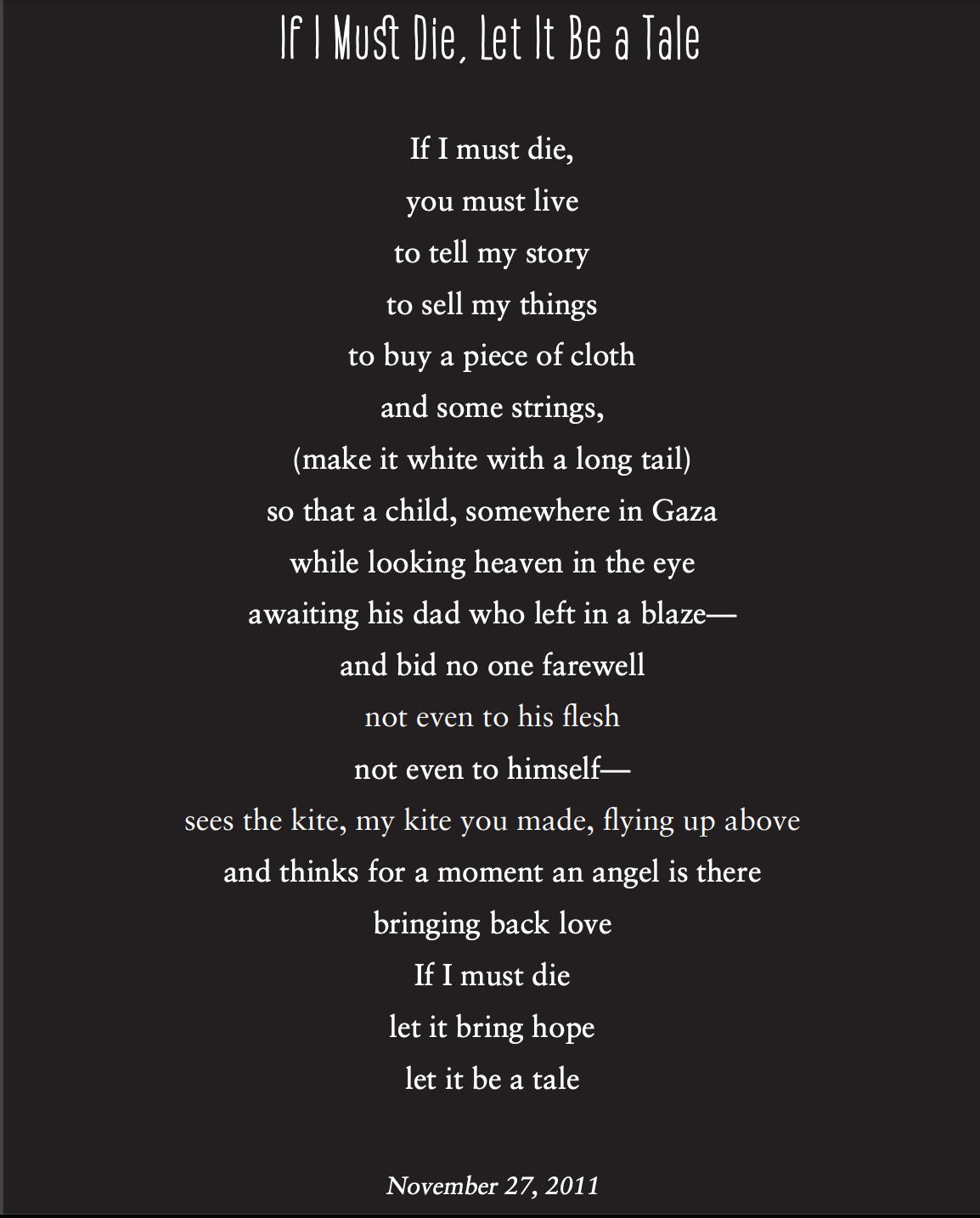
Speaking of books I'm in the middle of asking people to write a blurb for my next collection of stories and poems. It's definitely not humiliating and I love doing it! If you happen to be a reader of this newsletter of some kind of renown and would like to write one please let me know.
I shared an old piece in here the other day about being treated at the pain management clinic.
"Another thing they have you do is try to describe not just your degree of pain but also the specific qualities of pain. They ask like is it burning stabbing piercing throbbing dull aching and I don’t know how to answer those things because I never graduated from the Pain Sommelier Academy."
After that I came across this 2005 piece The Pain Scale by Eula Biss that I found rather extraordinary. It reminds me of something I would write if I weren't a complete dumb shit. It's about her own experience with chronic pain and trying to make sense of the 0-10 scale doctors use to help us translate those feelings in such a way that another person can understand our suffering. Something that is impossible to ever do completely.
Read the whole thing but here are a few parts that stood out to me:
"When I cry from it, I cry over the idea of it lasting forever, not over the pain itself. The psychologist, in her rational way, suggests that I do not let myself imagine it lasting forever. 'Choose an amount of time that you know you can endure,' she suggests, 'and then challenge yourself only to make it through that time.' I make it through the night, and then sob through half the morning.
The pain scale measures only the intensity of pain, not the duration. This may be its greatest flaw. A measure of pain, I believe, requires at least two dimensions. The suffering of Hell is terrifying not because of any specific torture, but because it is eternal."
"Experts do not know why some pain resolves and other pain becomes chronic. One theory is that the body begins to react to its own reaction, trapping itself in a cycle of its own pain response. This can go on indefinitely, twisting like the figure eight of infinity. My father tells me that when he broke his collarbone it didn’t hurt. I would like to believe this, but I am suspicious of my father’s assessment of his own pain. The problem of pain is that I cannot feel my father’s, and he cannot feel mine. This, I suppose, is also the essential mercy of pain."
I appreciated Teen Vogue quoting me in this piece on Luigi Mangione talking about back pain and how suffering from it can fuck with our sense of masculinity.
They interviewed me a few years ago about one of my books and what my whole deal is.
"It's really important to me that when we're hearing from these people being fucked over, I don't want to go [to the person causing the harm to] get a quote like, why are you ruining this person's life? They're just gonna lie to you. It's a worthless convention of journalism to go hear from the bad guy."
Please help keep this newsletter running with a paid subscription if you can. Thanks so much for reading either way. Tell a friend!
This may well be the most I have ever seen people at large talk about the nightmares of the healthcare system in this country. Maybe even more so than the height of Bernie's campaigns. As I've been saying it feels like something might have shifted. They're going to do everything they can to stop any sense of a movement but nevertheless.
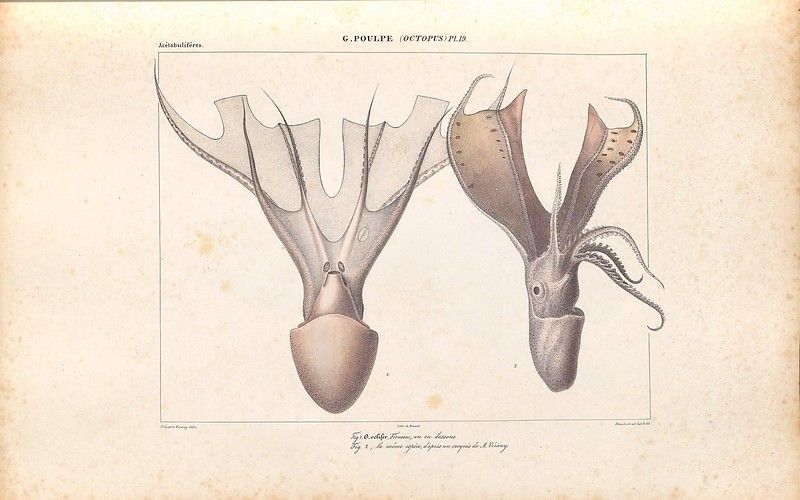
I shared this Hell World piece on Bluesky the other day. It's a collection of stories from Americans about getting sick or hurt in other countries and how surprised they were at how little it cost to see a doctor almost everywhere else but here.
This response in particular has always stuck with me.
"I went to Husavík, Iceland for vacation and got a bad upper respiratory infection that settled in my ear, making me dizzy and nauseous. Vomiting, the whole deal. It didn’t even occur to us we could go to a doctor because, you know, it wasn’t an emergency. The American healthcare system damages your thinking, not just the public health."
You get it right? We're so used to avoiding medical care because of the potential cost that we've lost sight of how fucking absurd living like this actually is.
It truly does not have to be this way.
When I shared the piece it got hundreds of other responses from people with similar stories about traveling or living abroad and I'm going to share a bunch of them down below.
Before that I thought we might go back through the archives and look at some of the other popular pieces about healthcare that many of you might have missed.
This one is about people refusing ambulances when they're injured or sick because they cost too much:

“Someone called 911, and when they came, they were like, ‘You need to go to the hospital, and we have an ambulance,’” he said. “In my ignorance, I was like, ‘Ok.’”
The hospital they took him to was less than a mile away but when the bill showed up it was almost $2,000. “I wasn’t thinking straight at the time,” he said which checks out on account of the having his dome knocked in. “I had insurance, but the deductible was huge.”
“I always joke to my friends that if they find me dying, and they call me an ambulance, I’ll come back from the dead to fight them because it’s so expensive,” Adam Lundgren told me. “But that joke comes from a real place of fear of being stuck with a bill I can’t pay.”
This one is about having to go viral on your GoFundMe to get the medical care you need:
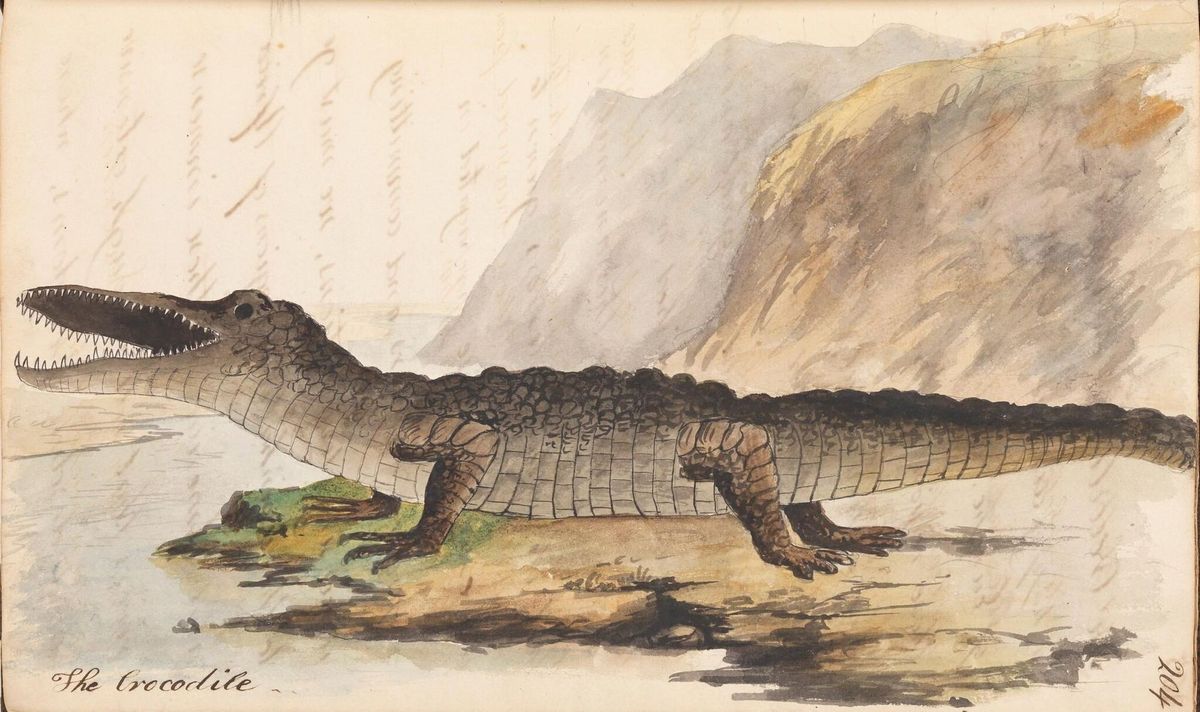
“I won’t lie, a lot of [the money I raised] is because I shoehorned the link to my fundraiser into my appearances on TV,” McFarland told me. “I feel bad about that, but when you’re in dire straits like I am, with no savings left, no family, I was going to lose my home, you do what you have to do.”
The advice for best practices most of these sites share are to tell a good story and spin a narrative and appeal to people’s interests which becomes almost absurdly macabre when the subject is human lives. McFarland is a unique case in that she proved an especially effective advocate for herself: She’s young and photogenic and internet-savvy and has a heartbreaking story having lost both her parents at a young age. Many others are much less fortunate.
On top of managing your health and your expenses now you have to make sure you present your malady with authenticity. Think of your cancer as the origin story a tech startup tells about itself on the About section of its website. And then start hoping a celebrity takes an interest in your plight online. It might be a shorter wait for that than a doctor anyway.
Here's another one about crowdfunding and the absurd salaries that healthcare CEOs make.
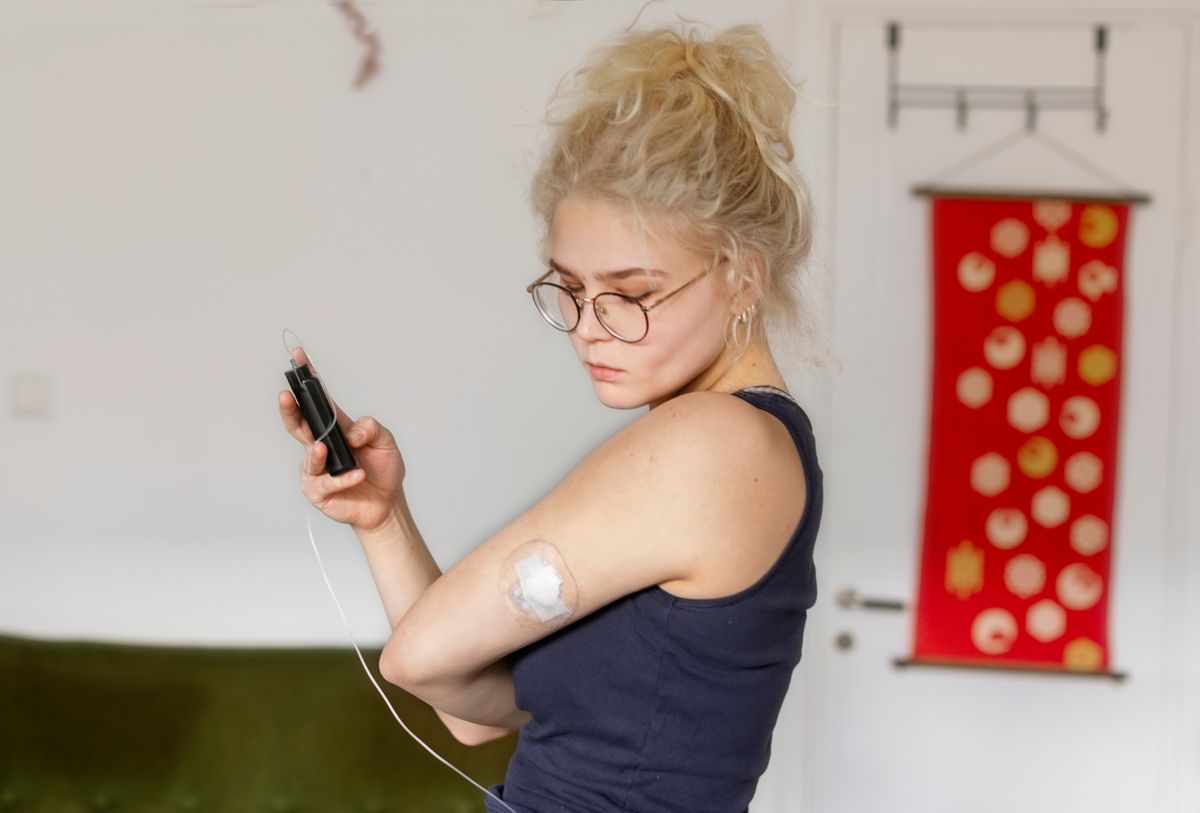
Not to single out Mr. Ricks. He’s hardly alone among the gilded class of health care and medical execs gorging at the trough of misery and pain like ravenous vampire hogs. Here’s another one that just came across my feed at random, a guy named Daniel Loepp who you’ve never heard of and is the president and CEO of Blue Cross Blue Shield of Michigan. He must be very good at his job since he made $19.2 million in 2018, up from from $13.42 million in 2017, which, for rough comparison, is more than, say, Kyrie Irving makes a year. Then again people like Loepp are a bit better on the defensive end, swatting away requests for coverage left and right. Elsewhere in the upper echelons of health care. By comparison, Michael Neidorff, CEO of insurance company Centene, made $25.26 million in 2017, according to Crain’s Detroit. Joseph Zubretsky of Molina Healthcare made $19.74 million. David Cordani of Cigna made $17.55 million. Bruce Broussard of Humana made $14.87 million.
Shane Patrick Boyle of Houston didn’t get the final $50 he needed to live, but the memorial page set up for him and his mother after their deaths ended up raising $5,150 of the $5,000 goal, which is great news until you remember the fact that they died.
This one is about why so many people are diagnosed with cancer at age 65:
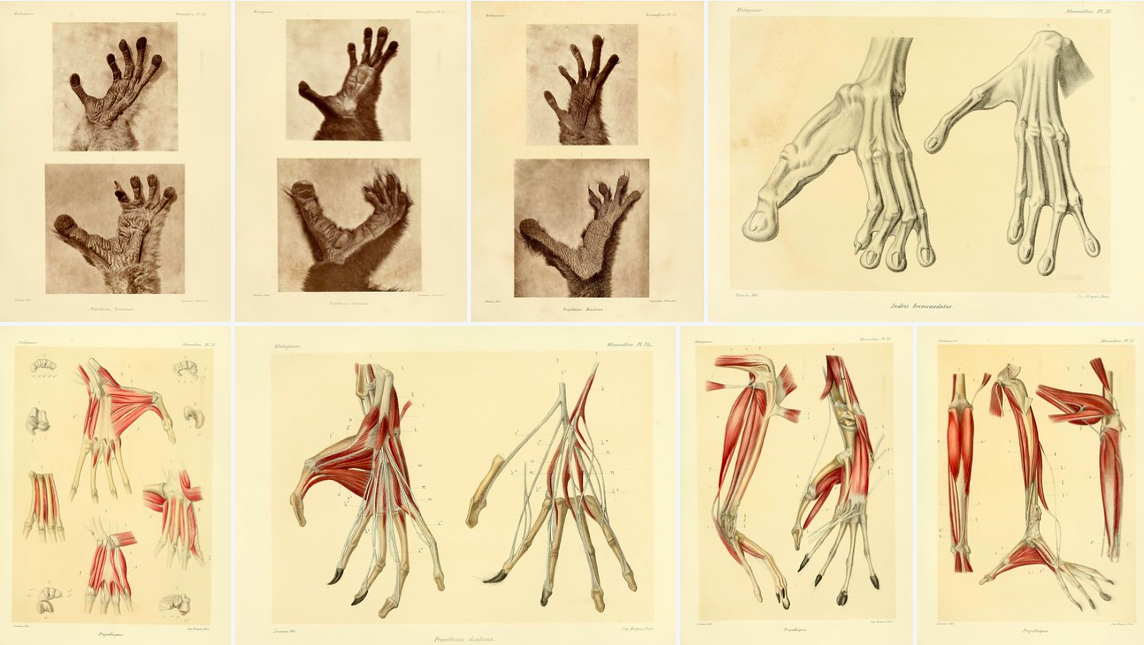
What happens as a result of that grim waiting period seems so obvious that when you read the results of the study it’s a wonder that it hadn’t always already occurred to us. Basically: everyone seems to get cancer at the exact age 65.
It’s not that there’s anything medically unique about that specific age — cancer doesn’t have a birthday reminder for you set up on its Facebook — but rather that people between the ages of 60 and 64 who are un- or underinsured put off getting screened for the more common types of cancer until they qualify for Medicare because then they can finally afford to get the tests necessary. It’s exactly the type of ridiculous gamble we force people to make in this country all the time when it comes to all types of health issues but on a much more serious scale.
This one is about having epilepsy and having to avoid people sending you to the hospital every time you have a seizure:

Having suffered from seizures since she was very young Mary von Aue has become all too familiar with the cruelty of the American healthcare system. Sometimes almost as scary as the seizures themselves are the medical bills that follow soon after. The first thought she has now when she wakes up is relief at still being alive. The second thought is about how much having lived is going to cost her.
This one is about how ridiculous it is that Americans don't know who their doctor is – if they even have one:

– I don't have a doctor. I have an urgent care clinic I can sit in for 5 hours coughing till I see a nurse practitioner who tells me to go home and drink fluids.
– I haven’t had a “my doctor” since I was last able to qualify under my mother's workplace insurance so that would be some 15+ years ago. Frankly the idea of having a doctor you regularly see is an alien concept at this point.
– If you can't get the dr on the phone, just take a helicopter to your family's wing at the local hospital.
–This is why I just love it when people are like “we can't have medicare for all because other countries have to wait forever to see a doctor!” I had to wait 6 months last time I wanted to see my PCP for insomnia and when I did her literal words were “I don't know. Try chamomile.”
And this one is about people being forced to go into work while sick because there's almost no such thing as paid time off here:

“I’ve never called in sick to work,” a career bartender in Boston told me. “Ever.”
“I’ve been doing this for twenty two years and can tell you stories about barely keeping snot in my nose while mixing drinks simply because there’s no room for calling in sick. Maybe you can get a shift covered, but more often than not you’re just working sick. If you try to call out, your management will punish you with worse shifts, less shifts, etc. Ownership does not give a fuck about us.”
“I know this is the standard for most menial labor type jobs but I always found it particularly disturbing in food service specifically,” another long time former food industry worker told me. “If you're picking up fast food ever there's a pretty good chance somebody handling your food is sick. It's just par for the course.”
What a world man. They should have a name for it.
Now let's read a bunch of stories about Americans being well and cheaply taken care of everywhere else in the world besides America!
- I lived in Canada for 10 years and while that medical system has its issues, it was mind-blowing how easy it was to get seen at a doctor for basic things. My biggest epiphany was needing stitches for an injury I got. I was trying to do first aid at home until I realized I could just... go to the ER. No strings. No financial ruin. I could just go and get proper treatment. It's WILD that that was such a far out concept to my brain.
- It's been a while since I was physically in a place where I would skip out on medical care because of the finances of it, but I don't think that you ever completely leave that mental space, especially if that's how you were raised.
- In Australia I severed my index finger with a power saw. Plastic surgery, a hospital stay, rehab and dressing changes for weeks cost me about $50. Only because I wanted a TV in my room.
- This is what kills a lot of people. Putting off going to the doctor and then you finally HAVE to and your cancer is stage 4 and it’s too late. It’s not getting routine testing. It’s ignoring your body and hoping it will stop hurting on its own.
- I used to live in the Netherlands. I once went to the pharmacy with a prescription for a new med just on the market. It wasn’t yet fully approved by insurance, so the pharmacist was absolutely apologetic that he had to charge me a copay. Reader, it was ten euros. Oh, and my insurance cost me about $140 bucks a month, took me 20 minutes to sign up for the first time, and required almost no paperwork in the three years I used it. I’d get a little monthly statement on what had been spent so I could verify they’d made no mistakes. They never did.
- In the lead up to long term fieldwork in South Africa, I had to get a chest x-ray in the US for my visa. It cost $2,000 out of pocket. A few months later in South Africa, after a car accident, I got 7 X-rays (including chest) at a private clinic without insurance or citizenship. It cost $35 total. I was also treated for dengue fever in Costa Rica as a non-citizen with no insurance. It was free. I was also treated for many diseases (viruses, parasites) while living in Amazonian Ecuador as a non-citizen with no relevant insurance. All of it was free.
- It took me years to start shifting my mindset and I still fail at the little things. In the last 18 months I had a complicated pregnancy/birth and a baby in NICU/Special Care. The thought of what our experience would have cost in the US makes me nauseous. Here in Scotland? I paid for taxis.
- As an American in Aotearoa I feel really blessed. Paying for dental and the occasional doc thing feels like pocket change compared to what I had to deal with in the US. I do understand the costs here are still inaccessible to many, especially dental, but coming from the US, it feels downright blissful. I do still wish all healthcare/dental was free. Tax the wealthy, and give us the necessities of life for free. That's what a good and healthy society should be. I swear the American healthcare system gives you so much trauma about healthcare, weighing things you shouldn't have to weigh. "I feel super unwell. Is it worth going bankrupt to go to the hospital? Am I REALLY that sick? Hopefully not, maybe I can stay home..."
- I've been treated for malaria three times. The first time, in the US, it turned out my university cancelled my health insurance when I missed paperwork doing PhD fieldwork in Cote d'Ivoire. Student Health wouldn't see me and the infectious disease clinic wouldn't see me without a referral. I postponed seeing a doctor because I convinced myself it probably wasn't serious, but eventually ended up hospitalized for a week with liver failure, a blood transfusion, and a more than $60,000 bill that they eventually forgave because my grad student salary was so far below the poverty line. The second time, I was in Côte d'Ivoire. They diagnosed me at the clinic in a half hour, charged me about $10, and gave me a prescription for an effective medication that cost $5 for the full dosage and I could pick up down the street from the clinic.
- I lived in Canada for about a year. My husband went to the urgent care and they treated him. Then he asked what the copay was and they looked at him like he'd grown a second head. I'm so grateful when non-Americans have a hard time grasping how fucked-up the healthcare situation is here.
- During a work trip a few years ago, I had to get emergency surgery (with full anesthesia and blood tests) in Copenhagen. It cost me $0
- I had a once-in-a-decade (if that) invitation to stay with a friend who’d moved to France when I was about 25, and got SO sick the day before the flight. I couldn’t move it, had to just go, and was super sick for the whole first week. But it literally never occurred to me to just see a doctor there. I was slowly improving each day so I just drank tea with honey and took Advil, but I just fully assumed I’d blow through my travel savings if I saw a doctor, rather than “this will cost between $0 and $10.”
- A feature in some of these stories is how embarrassed foreign medical workers are to even ask American visitors for the (often microscopic) payments owed by people who aren’t on national insurance schemes. I recall visiting Paris around 2021 and having a technician apologize profusely for charging me roughly €15 for a rapid Covid test because I couldn’t produce a French national insurance card. A similar test costs $69.99 at my local CVS.
- While traveling back from Costa Rica a friend got food poisoning overnight, before our flight. I said we'd have to wait until we at least connected in Miami before you can see a doctor. Checking in at the Costa Rica airport, a worker saw how sick she was. I explained we were heading back to the states and would get help there. The worker said no, she doesn't look good, let me call for the "airport nurse." They treated her with mild medication, no charge, and we made our flight.
- My buddy had a kid in Hong Kong soon after moving there. They paid a total of $30 as that was the fee to have an English speaking doctor.
- I was in Budapest with a friend. She got hit by a guy on a bicycle, fell down and hit her head. She showed signs of a concussion so we went to the ER. In and out within an hour, including a CT Scan and a doctor speaking perfect English to explain everything was fine. $25 USD.
- About two years ago a friend of mine broke his foot in Australia and the X-ray and everything cost about $50, no insurance required. Then when he got back to the US his insurance wanted him to pay about $10k for a stimulation machine.
- I once had international travel insurance and it cost €7 per year. I had to go to the hospital in Türkiye. I had a single room, was given medication that the health insurance company hadn't paid for at home, I had a translator at my bedside in the hospital and didn't pay anything other than the €7.
- I was traveling in Spain, staying at a house in the middle of an olive grove, 9 km from the nearest (tiny) town. My husband had a heart attack. We called 912-equivalent and an ambulance was there in 15 minutes. Got him stabilized and to the small hospital in the tiny town. They couldn't do anything for him there so they sent him by ambulance (with a doctor and two nurses) to Reina Sophia Hospital in Cordoba (the premier cardiac hospital in the country). 24 hours later he had angioplasty, 4 stents and lots of meds. Total cost $0. They laughed when we tried to give them insurance.
- We took my mom to the hospital in Rome because we thought she might be having a heart attack (she wasn't!). When she asked how much she owed on the way out they said "In Italy, we do not pay." It was $0.
- I got incredibly sick in Peru. After suffering for days, my partner had enough and walked to the pharmacy. They sold him a full course of antibiotics for $10 and I was better in 12 hours. I just had a kidney stone in the US. Insurance will cover roughly half of the $17K cost. I have to pay the rest.
- Once on tour a bandmate (a fellow US citizen) had a medical emergency in France and had to stay overnight. When he checked out in the morning the hospital staff were extremely embarrassed and apologetic about having to ask him to pay around $40.
- One of the weirdest things about the wedding we went to in Belgium this year was the way everyone wanted us to tell them if it's really true that you have to pay for healthcare in the US and they gasped like it was the climax of a ghost story when I told them about my $35k ER visit in May.
- The first time I got a flu in Taiwan I stayed home and did my best with OTC products and felt miserable. My Taiwanese friends said “You pay taxes and have a hospital on your street! Go!” I walked in, saw an Ivy-educated physician, and got very effective meds. Total cost: US $15. Around that time I saw US friends often argue online about Obama’s healthcare reform. An old college classmate shared that her young family of five had no insurance for three years. She added proudly “We didn’t ask anyone for a handout. If you can’t afford things, you make do.” I wanted to cry.
- Once upon a time, I went to the ER in Ulsan (after my boss had let my health coverage lapse… another story). I had urinalysis, bloodwork, X-rays, and prescriptions. The total cost for me, a noncitizen with a work visa, was around $200.
- I got very sick when i was in Colombia (likely had yellow fever), ended up in the ER and never saw a bill.
- I tell everybody about my ER visit in Morocco for a bad asthma attack I had as an allergic reaction. So me and my friend rush in a taxi to the ER and I'm treated completely for free, though street cats are in the ER. At no point was money expected. This was in an absolute monarchy that's a dictatorship.
- I live in Australia, and when my wife had our first baby, there was a complication that required emergency surgery after the delivery, and then three days in the hospital. Cost to us: $0. We even got a lactation consultant, and home visits to check that we were alright and settling into parenting.
- I was a US citizen on vacation in England. I broke my hand in Oxford. When I left the hospital, I asked what I needed to pay. They looked at me confused. “Well, did you park in paid parking? Then you need to pay for that.” I walked out of the hospital and am still stunned with this outcome.
- My daughter got Covid in Japan when they didn't know what it was yet and was charged maybe $15 for being a nonresident. They apologized. She got X-rays and found she had scoliosis on top of it all. Not like I didn't pay a quarter of my salary to pay someone to notice each year.
- I sprained my ankle really badly and my kid had thrush. We were in Paris at the time. X-rays, crutches, pediatric visit, etc. totaled like $150.
- When I still lived in Canada I had a hernia. I had surgery a month later and the most expensive part was taking a cab that day.
- I fell in Strasbourg with a beer bottle in my hand and needed an ambulance ride and emergency surgery from a hand specialist to repair nerve damage in my hand and stitch it up. Total cost was 1,300 euros. The nurse there got my ass too. She must have heard how it is over here because when I asked how long it would take to be seen she said "14 hours" and I believed her. Was in and out, surgery and all, and in a bar with beer in hand in under four hours.
- My wife was six months pregnant with our daughter when she suddenly passed out in Taipei. The OB/GYN took her immediately, checked her, gave an ultrasound, and verified that mom and baby were fine. All in less than an hour. Total charge: $10.
- My wife fell in Florence last year and dislocated her elbow. There was an ambulance ride to the hospital, about eight doctors to help her, the cast put on, and X-rays, and we were out of the hospital in under two hours. They were very sorry that we had to pay because we weren’t Italian. It was 92 euros.
- I lived in Germany and when I was there, we had a copay of 10 euros sometimes…. Not to mention the fact that our daughter was born there via c-section and we stayed together at the hospital for 4-5 days and the only thing we paid was 80 euros for the nights that I stayed over.
- My wife needed care while visiting London last spring. Went to NHS urgent care, they confirmed a bacterial infection and prescribed antibiotics. They apologized profusely that she'd have to pay a whopping £10 for them.
- I have a friend who got food poisoning while hiking in Peru. It was so bad she went to the hospital. They asked for a credit card for payment. The friend was freaking out thinking the entire bill was going to be charged to her credit card. It was. $250 for a two day hospital stay.
- I had an American boyfriend living here in Sweden back in the day. Found him in bed with a broken appendix one day, writhing in pain. He hadn't called the doctor because his parents’ insurance plan was shit. I took him to the emergency room, he was under the knife less than half an hour later, full recovery, $10. He was gonna ride it out. If it had happened back home he would have died.
- I had my appendix burst in New Zealand. Seen straight away in the ED. Did have to wait for about five hours for surgery, but at least waited with morphine. Appendix out. Two day stay in hospital. $0.
- A close relative of mine had an emergency appendectomy in Vietnam and the whole bill (laparoscopy plus a night in the hospital) came out to like $50.
- I went to the emergency room in Nepal, saw a board certified (educated in the US) Internal Medicine Specialist, had lab work, an ultrasound of all my internal organs and was given three prescriptions for a total cost of $18.
- We live in Europe and last year had a kid here: For a round of IVF, all the pregnancy appointments, blood tests, genetic screenings, c-section birth, and a week of recovery in a private room in the hospital all together cost us about €500 out of pocket.
- I'm Canadian. I've broken many bones, had a kidney stone, a stroke, and more, and all the medical attention required. Cost: $0. I tripped on the sidewalk in LA and broke my nose and scratched my face. I paid a $99 deductible (I had insurance) and the clinic wanted around $800 to put some cream on my cuts.
- I ran out of heart meds while living in Scotland. Called the doctor, got an appointment for an hour later, got a prescription, walked across the street and got meds all for free. No one even asked about insurance.
- When I got an ulcer in Montreal and needed an endoscopy and antibiotics, the cost to me was not something I can remember. Plausibly $0. When my wife shattered her wrist in the Netherlands the cost to us was definitively $0, for an ambulance ride, multiple hospital stays, major surgery, and PT.
- I got the flu when I was living in Japan and saw a doctor in an ER on a Sunday. I was charged the equivalent of $40 for the meds they gave me, and my interpreter was apologizing the whole time for how expensive it was.
- In 2002 I got a bad inner ear infection just before going to the UK. Treatment at my GP plus the cheapest possible antibiotic cost several hundred bucks. Two weeks later in London I was at the ER with a UTI. Same antibiotic. Total cost: 12 pounds or about $18. Cab fare cost more.
- This is part of how the US feeds its abuse cycle. It denies you the right to travel, isolates you from other places with potentially healthier systems, and denies you the ability to ACTUALLY COMPARE with your own lived experiences and then advocate for what you want. It's abusive, and it's part of why our country is designed to keep you broke. You can't call our options truly cruel if they, and the scary stories the system tells you about "other options", are the only ones you are allowed to think exist.







